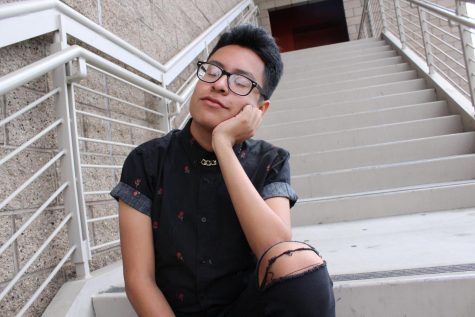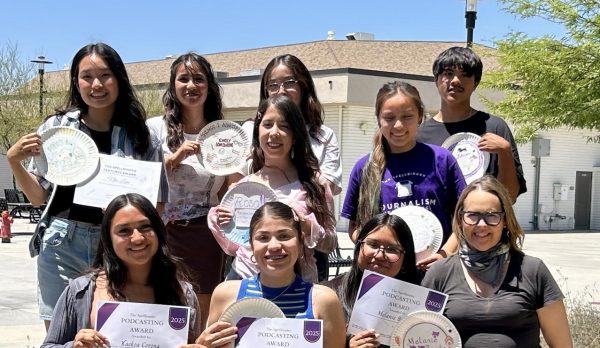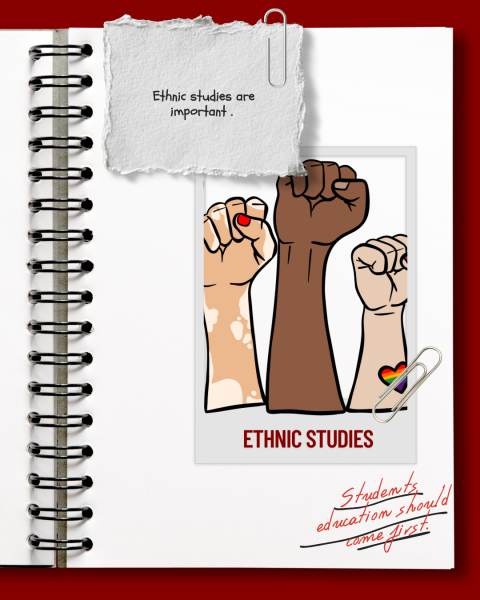Dear non-black people
Dear non-black people, if you say the n-word to a friend, sing along to the n-word in your favorite hip-hop songs, or use the n-word regardless of the context: stop. It is not your word; it is a word that is deeply rooted in racism and hatred. I am not black, so I cannot speak for the black community, but I think it’s time to call out its usage by our predominately Latinx school population.
Chiaku Hanson of the Huffington Post writes, “Regardless if one uses the ER at the end of the word or not, the meaning, roots, and circumstances associated with the word remain the same. History can never be changed.” That’s the thing: the negative connotations embedded into the word is still intertwined with its modern usage. The difference between people who are not black saying it versus those who are, though, is that there is reclamation of the slur by the latter. The environment of when black people use it amongst one another is different because their ancestors dealt with being demonized and belittled by a word while those of today still continue to deal with such racism. They understand that it is much more than “just a word.”
If non-black individuals generally know that it’s wrong to say the n-word around or directed toward a black person, then why continue to use it when a black person is not around? Recently, YouTube stars like Pewdiepie and Jake Paul have been rightfully called out for saying variations of the n-word. Influencers like these two individuals rightfully received backlash and comments on social media asking for them to apologize, learn from their detrimental mistakes, and to not use it again as they have impressionable audiences.
A common reaction to asking not to say the n-word word because of its racist roots still prevalent today is, “Well, I’m not racist.” This idea is further explored in “Why Explaining ‘The N-Word’ To Non-Black People Is So Damn Exhausting,” by Zeba Blay of the Huffington Post: “That moment when you’re asking another person to respect you by not using a word that you find demeaning and offensive, and that person makes it all about them, suddenly focusing more on the perceived jab at their character than on how they’re making you feel.” It all comes down to seeking resources and listening to minorities when they call out a problematic word or action that is seen as derogatory, just like the black women cited above. So, please, listen to black people when they ask us to not use the n-word.
Below is a link to a Twitter thread with further information on the Linguistic and Pragmatic use of [the n-word]
Let’s discuss the Linguistic & Pragmatic use of the word “nigga”:
— festive synonym toast crunch (@Luckwman) May 10, 2017

Fun Facts:
Let's get one thing straight, I'm not.
I think I'm obsessed with Starbucks.
I had a mohawk in elementary.





































